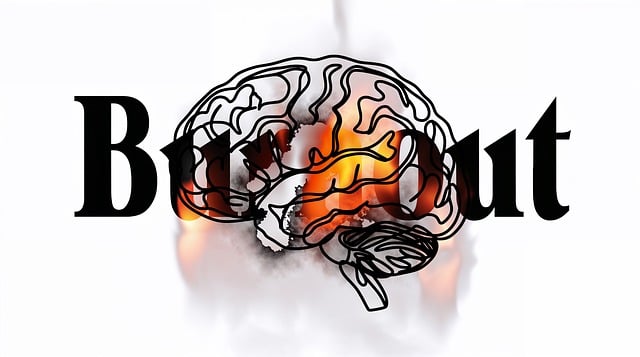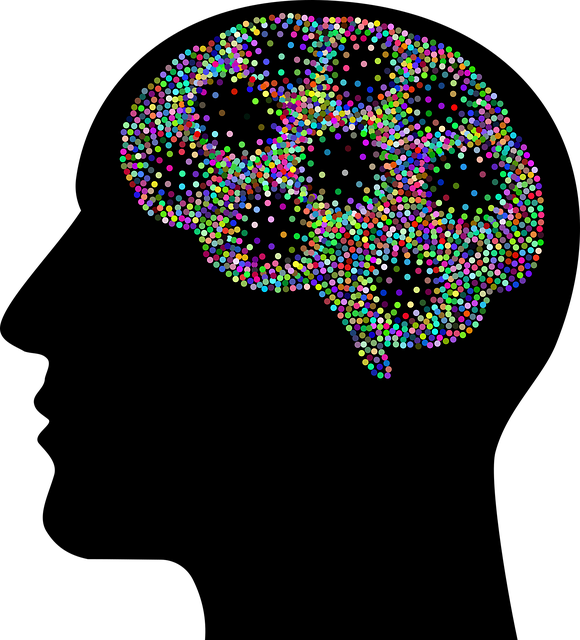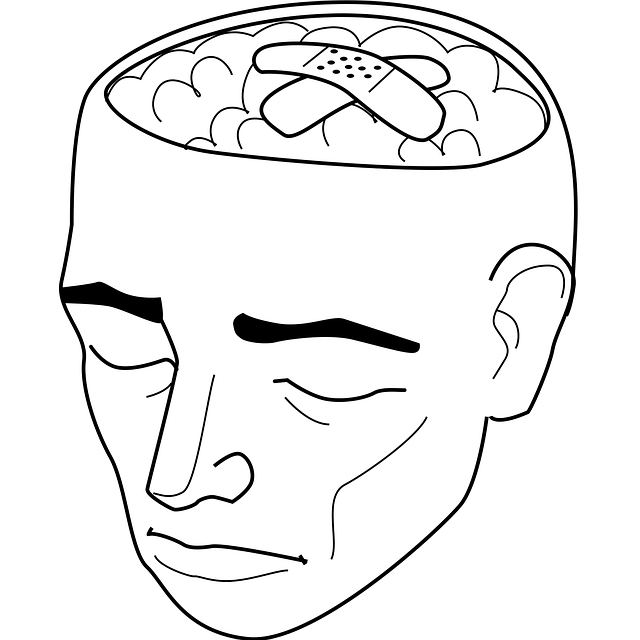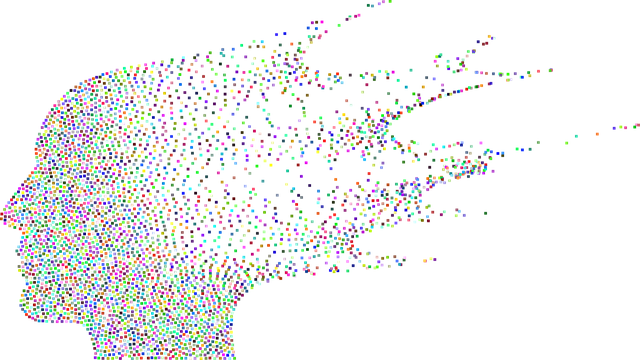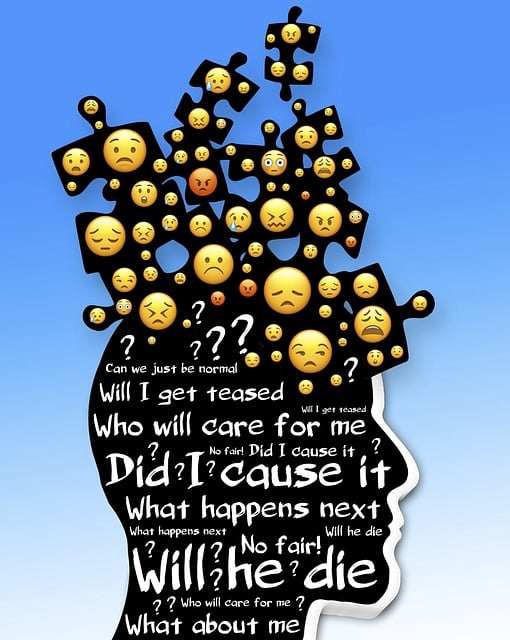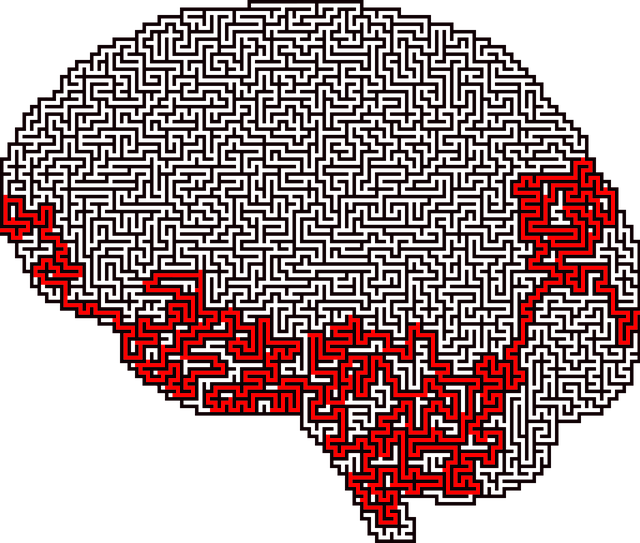In today's fast-paced world, mental health crisis hotline support services have become crucial for young children facing emotional turmoil, especially anger management or anxiety issues. These hotlines offer immediate assistance, a safe space to express feelings, and long-term solutions like therapy, guiding families towards enhanced mental wellness. Anger management therapy for kids significantly improves their well-being, enhances emotional regulation, and prevents the escalation of mental health issues. Early intervention through such programs is vital for holistic child development. Recognizing signs like extreme mood swings or withdrawal can lead to timely therapy for young children, reducing community stigma. Hotline services provide immediate support, confidentiality, and long-term solutions, while parenting plays a key role in building emotional resilience by fostering open communication and implementing effective strategies for managing mental health.
“In today’s fast-paced world, mental health crisis hotline support services act as a lifeline for young children grappling with emotional turmoil. This article delves into the crucial role these hotlines play in providing immediate assistance and long-term solutions. We explore key aspects like understanding crisis hotlines, the impact of anger management therapy on children’s well-being, identifying when professional support is needed, navigating hotline services, and empowering parents to foster emotional resilience in their kids. Additionally, we discuss the benefits of therapy for young children, highlighting its significance in addressing mental health crises.”
- Understanding Mental Health Crisis Hotlines: A Lifeline for Young Children
- The Impact of Anger Management on Children's Well-being
- Identifying When a Child Needs Professional Support
- Navigating Crisis Hotline Services: What to Expect
- Empowering Parents: Promoting Emotional Resilience in Kids
Understanding Mental Health Crisis Hotlines: A Lifeline for Young Children

In today’s fast-paced world, mental health crisis hotline support services have become a lifeline for young children facing emotional turmoil. These dedicated hotlines provide immediate assistance and a safe space for kids to express their feelings, especially when they’re struggling with anger management issues or anxiety relief. Therapists and trained volunteers on these lines offer guidance, ensuring that the young callers feel heard and understood. By fostering open communication, these services play a pivotal role in breaking down the mental illness stigma reduction efforts.
The importance of such hotlines extends beyond immediate crisis intervention. They serve as a bridge to therapy for young children, offering long-term solutions for managing mental health challenges. Whether it’s dealing with intense anger or addressing underlying anxiety, the professionals on these hotlines are equipped to guide families towards resources and strategies for enhancing overall mental wellness. This proactive approach not only benefits the child but also strengthens family dynamics by providing tools for effective communication and conflict resolution.
The Impact of Anger Management on Children's Well-being

Anger management therapy for young children has been shown to have a profound impact on their overall well-being and mental health awareness. By teaching children effective strategies to manage and express anger in healthy ways, this type of therapy can help reduce impulsive behaviors and aggressive outbursts. In turn, it fosters better emotional regulation and mood management skills, enabling children to cope with stressful situations more constructively.
Early intervention through anger management programs can prevent the escalation of mental health issues in children. It empowers them to understand and manage their emotions, promoting a sense of calm and self-control. This, in the long run, contributes to improved academic performance, better peer relationships, and enhanced social skills, all crucial aspects for a child’s overall development and happiness.
Identifying When a Child Needs Professional Support

Recognizing when a child needs professional support is an essential step in ensuring their well-being and future success. While occasional temper tantrums or fits of anger are normal for young children, persistent and severe episodes may indicate an underlying mental health issue. If a child’s anger management problems disrupt their daily activities, relationships, or overall functioning at home and school, it could be a sign of something more serious.
Parents, caregivers, and educators play a crucial role in identifying these signs early on. Behaviors such as extreme mood swings, withdrawal from social interactions, difficulty concentrating, and persistent feelings of sadness or anxiety might suggest the need for therapy for young children. These warning signs should prompt further investigation into potential mental illness and encourage stigma reduction efforts within the community. Resilience building initiatives can empower both children and adults to cope with challenges and seek appropriate support without fear of judgment.
Navigating Crisis Hotline Services: What to Expect

Navigating a crisis hotline for mental health support can be daunting, especially if it’s your first time. These services are designed to offer immediate assistance and guidance during intense moments of distress or when contemplating harm to oneself or others. When calling, you can expect to be connected with a trained professional who will assess your situation. They’ll ask about your current feelings, thoughts, and any recent life changes or stressors that might have contributed to the crisis. This initial conversation aims to provide clarity and help direct the appropriate support.
Depending on your needs, you may be offered various resources, such as therapy for young children, anger management techniques, or anxiety relief strategies. The hotline operator will also ensure cultural competency by considering your background and providing tailored assistance. Self-awareness exercises might be suggested to help manage emotions and develop coping mechanisms. Remember that these services are confidential, and the goal is to offer immediate aid while exploring long-term solutions with a healthcare provider.
Empowering Parents: Promoting Emotional Resilience in Kids

Parenting plays a pivotal role in fostering emotional resilience in children, equipping them with vital tools to navigate and manage their mental health effectively. By providing a supportive environment, parents can help kids develop self-esteem improvement skills, encouraging open communication about emotions. This foundation is essential for preventing and managing crises, including anger management issues that may arise during childhood.
Through therapy for young children, parents are empowered to recognize signs of distress and implement strategies for inner strength development in their offspring. Regular check-ins and risk assessments for mental health professionals can further ensure the well-being of children, offering timely interventions when needed. Ultimately, these collaborative efforts contribute to a child’s overall emotional resilience, promoting a healthier trajectory into adulthood.
Mental health crisis hotline support services play a vital role in promoting emotional resilience among young children. By providing immediate assistance and navigation through these services, parents can empower their kids to cope with anger management issues effectively. Understanding the signs of distress and knowing when professional support is needed are crucial steps. Through access to therapy for young children, hotlines offer a lifeline, ensuring that no child faces a mental health crisis alone.
